California Clubhouse in San Carlos provides a unique opportunity for those in the local community living with mental illness to seek help and support.
The facility, one of many Clubhouses existing around the globe under the worldwide non-profit Clubhouse International, offers free membership for adults diagnosed with mental illness and supports them in getting their life back on track.
Juliana Fuerbringer, the founder of California Clubhouse, decided to bring the program to San Mateo County after her son, who was attending college at the time, suffered a psychotic break. She realized no programs existed to help those in the community struggling with serious mental issues and decided to found her own Clubhouse on the Peninsula, which is now officially accredited by Clubhouse International after a years-long process.
“When I heard about Clubhouse, the model, it just gave me a lot of hope because I could see the potential for people to go to a clubhouse, and have a chance to rebuild their lives. To start over, to make friends, to get back to work, and those kinds of things. There isn’t any way in our county for people to do that. It’s free, and it’s ongoing, and it’s just incredible,” Fuerbringer said.
Members can meet every weekday and perform meaningful work helping run the organization and socialize and support others in similar situations.
Fuerbringer claims no other mental health programs come close to the structure of Clubhouses in the Bay Area, and California Clubhouse is the only one like it in San Mateo County.
“I did hear about some [other] pretty interesting [programs] that lasted three months, or six months or something, but then what? You pay a whole bunch of money for a year, but even then, [these are] chronic illness[es], what happens after that?” Fuerbringer said. “Clubhouse is free, it’s voluntary, you can come and go when you want, people have choice. It’s not just a thing you do from two to four in the afternoon on Thursday.”
California Clubhouse offers opportunities for people to return to their normal lives, people that may not get these opportunities any other way.
“I think that it is a really good resource for people with severe mental illness. By creating a community, it creates connections that many people in the mental health community don’t have,” said Claire Delmas, a former Carlmont student who has worked with the organization.
Numerous programs and services are offered to support the members any way they need, like the Transitional Employment program. The Clubhouse contracts with employers and trains members for a specified entry-level job, and guarantees the employer the member can fulfill the commitment. With their “one hundred percent coverage” policy, if a member cannot work on a certain day, the Clubhouse has made an agreement with the employer to send one of their own staff to fill in.
“We go far beyond what most organizations do,” said Rhonda Rayburn, Supportive Employment Coordinator at California Clubhouse.
More commonly, California Clubhouse assists with employment through the Supportive Employment program. Staff help members seeking employment through working with them on their resumes and cover letters, and even drive them to and from their employment sites, seeing them through the process of employment every step of the way.
When members have serious personal challenges they need to work through, it’s put on a community whiteboard and the Clubhouse, other members and staff alike, supports, helps, and are there for them.
While the staff are the paid employees of California Clubhouse, they are working completely side by side with the members to run the organization. According to Rayburn, no work is done solo — everything at Clubhouse is always a collaborative effort.
The Clubhouses system is recognized as an evidence-based practice and countless studies and research have been conducted through the decades on the effectiveness and quality of the Clubhouses and the Clubhouse model. Higher employment rates and reduced hospitalization and incarceration rates have been shown for the mentally ill who become members.
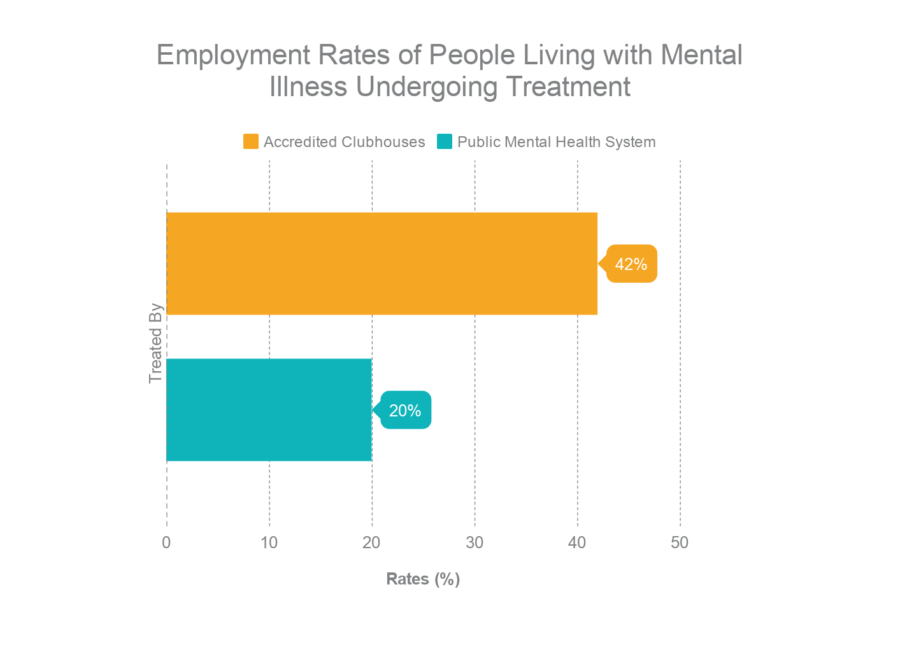
California Clubhouse has lofty aspirations as it looks towards its distant future, too.
“Ultimately, we have a goal of trying to open more clubhouses in our county because of what the opportunities are, but we’re only 3½-years-old now, so we’re working on growing our current clubhouse,” Fuerbringer said.



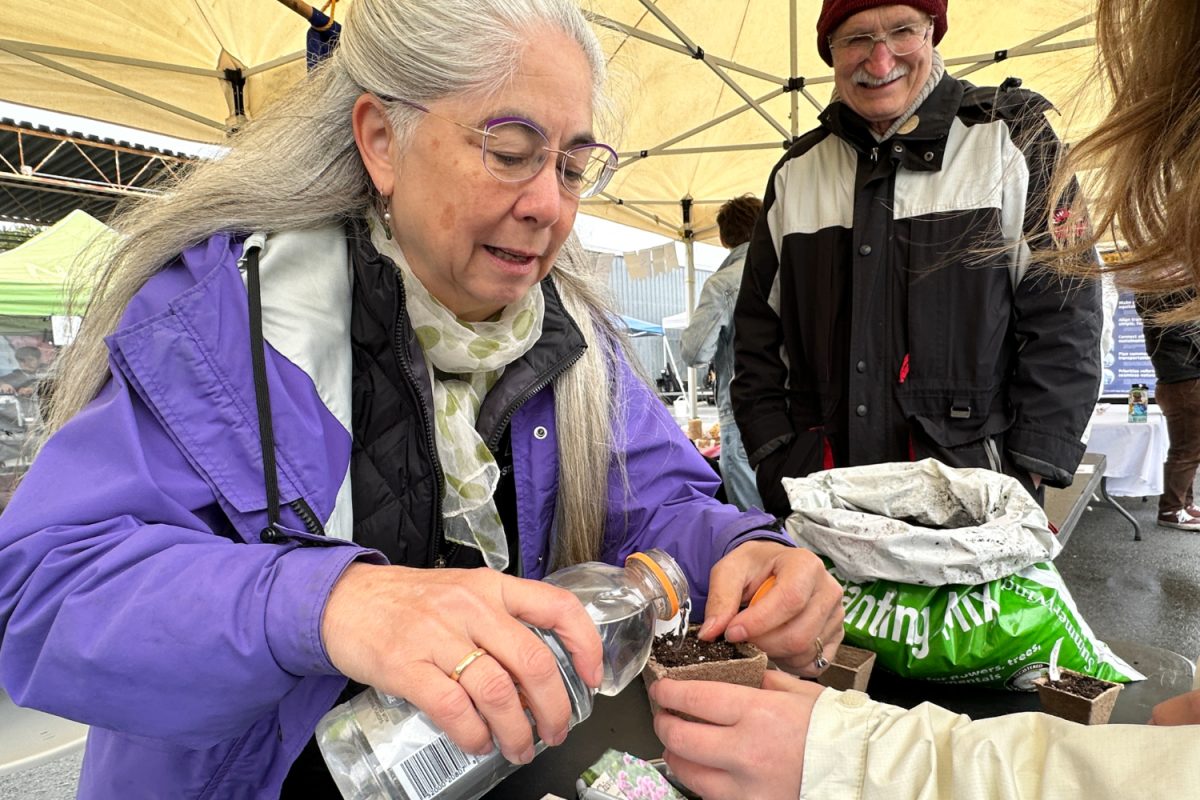



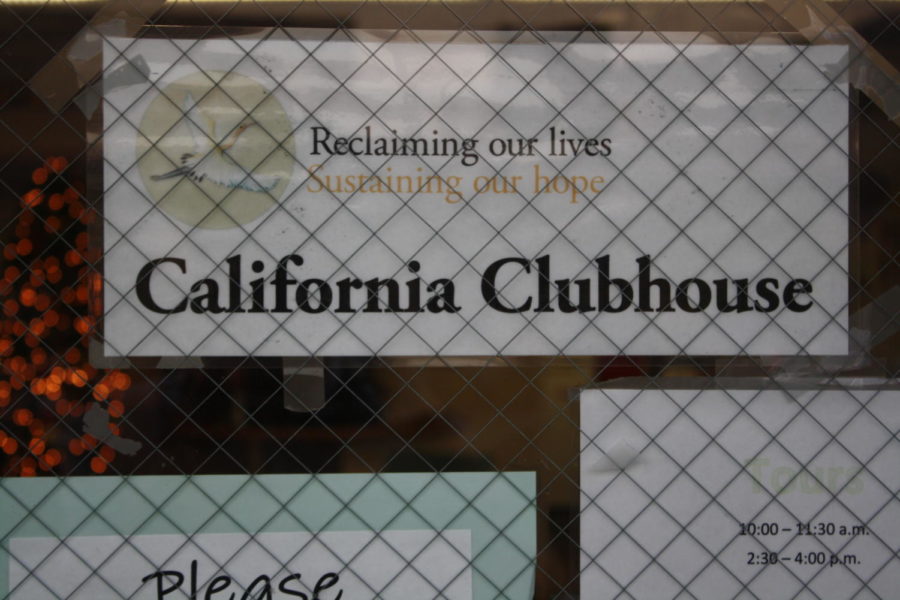
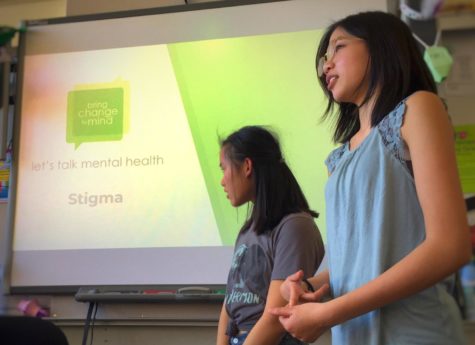

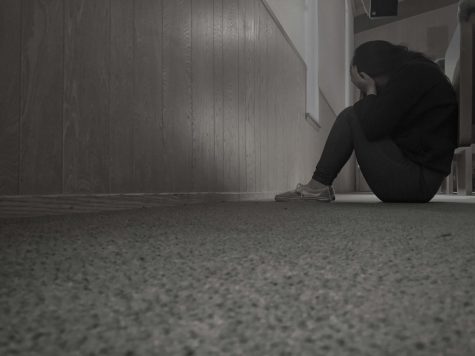


Neil Murphy • Nov 10, 2018 at 9:03 pm
Scott, this is such a good, well-wrtten article. So needed. We must all do what we can to stamp out stigma, kick it under the bus, and you’ve just given that effort some solid energy and at the same poured light into a dark area. Well done!